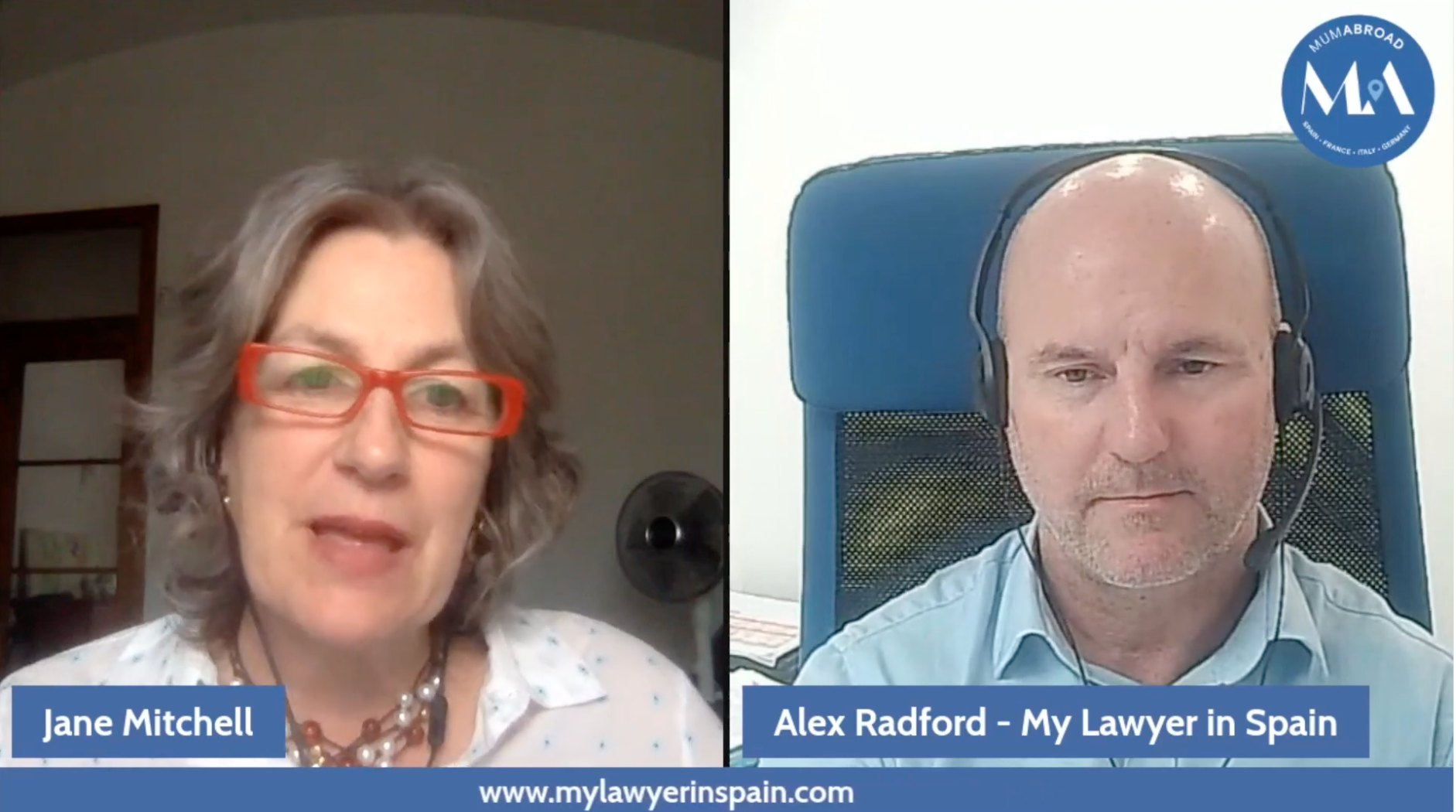Capital Gains Tax in Spain: What Every Non-Resident Needs to Know!
If you’re a non-resident and planning to sell your Spanish property, understanding how capital gains tax (CGT) applies is crucial.
Today, I’m joined by my colleague Pedro, an expert in tax law, to break down the details.
What is the Capital Gains Tax Rate for Non-Residents?
As a non-Spanish resident, the capital gains tax (CGT) rate you will pay on the sale of your Spanish property is currently 19%. This tax is applied to the profit made from the sale, which is the difference between your purchase price and the selling price.
Deductible Costs for Capital Gains Tax in Spain
Several costs can be deducted to reduce the taxable gain on your property. Pedro explains the five main categories of deductible expenses:
- Notary and Land Registry Fees: You can deduct the notary and land registry fees that you paid when you originally purchased the property. Note that these fees are typically not paid when you sell.
- Lawyer’s Fees: If you employed a lawyer during your property purchase, their fees are deductible.
- Estate Agent Fees: If you used an estate agent to help sell your property, their commission can be deducted.
- Taxes Paid During the Purchase and Sale: Transfer tax (Impuesto de Transmisiones Patrimoniales – ITP) or VAT (IVA) can be deducted depending on whether the property was secondhand or new. If it was a new property, Stamp Duty (Actos Jurídicos Documentados – AJD) is also deductible.
On the sale, the Plusvalía Tax (a municipal tax on the increase in land value) is deductible. - Improvements and Extensions: Significant improvements or extensions, such as adding a terrace, pool, or porch, are deductible if approved by the town hall. However, regular renovations like painting or updating a bathroom are generally not deductible, unless higher-quality materials were used. Pedro highlights that this area often leads to disputes with tax authorities, so it’s wise to consult with a tax professional.
What is Plusvalía Tax?
Plusvalía tax is a separate tax paid to the local town hall. This tax is calculated based on the increase in the value of the land your property sits on from the time you purchased it to when you sell it.
For example, if you bought your house for €200,000 and sold it for €205,000, you would pay Plusvalía on the profit, in addition to CGT.
Do I need to pay tax in my home country?
This depends on the tax laws of your home country. Some countries, like the UK, have double taxation agreements with Spain, which may allow you to offset the tax paid in Spain against any tax liability in your home country. It’s important to seek advice from a tax advisor in your country of residence to understand how this applies to you.
When do I have to pay Spanish Capital Gains Tax?
You are required to submit your tax return and pay the capital gains tax within four months of completing the sale. Failing to meet this deadline can result in penalties, so it’s important to act promptly.
For personalised legal and tax advice on selling property in Spain, contact My Lawyer in Spain today.




